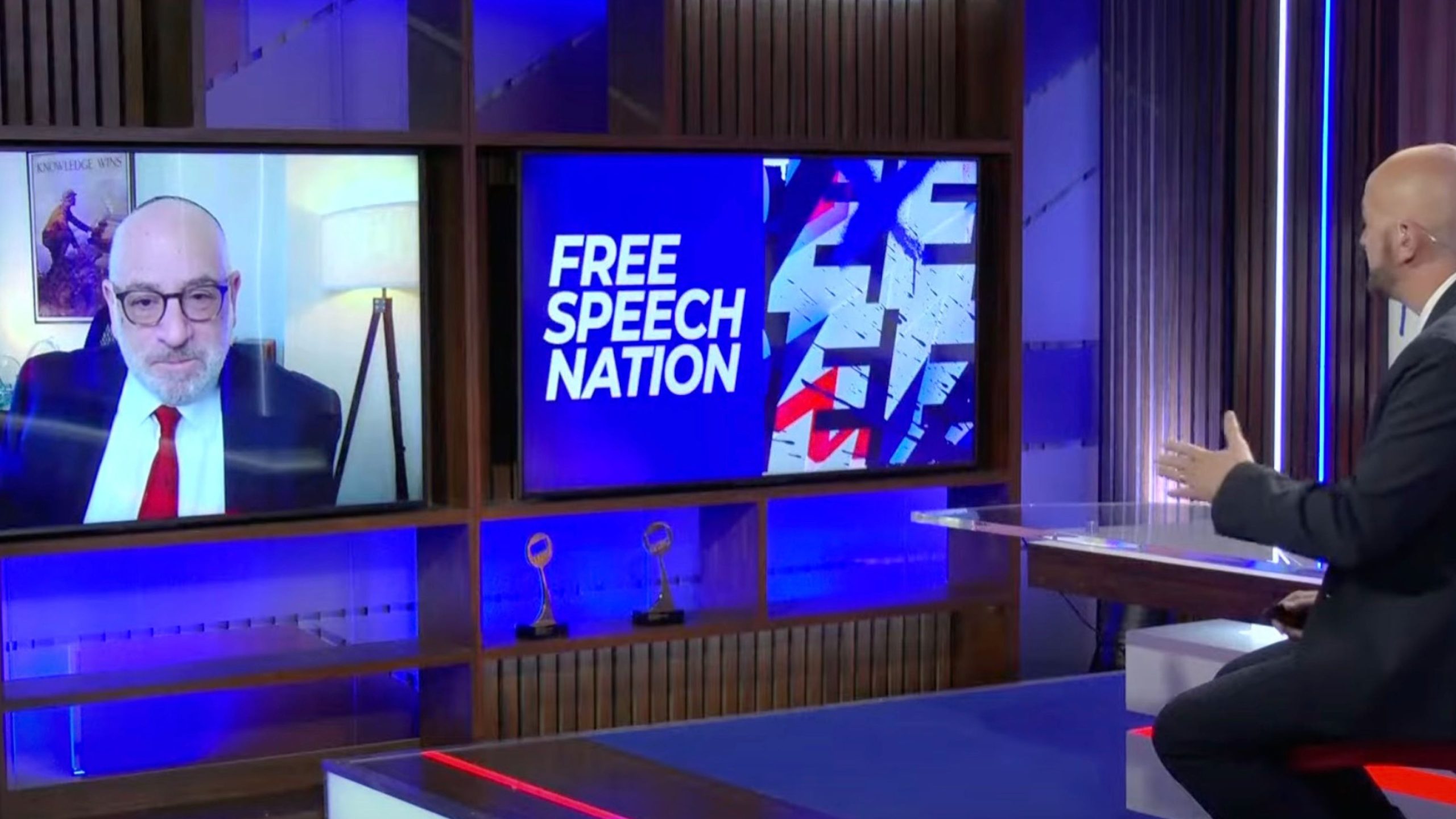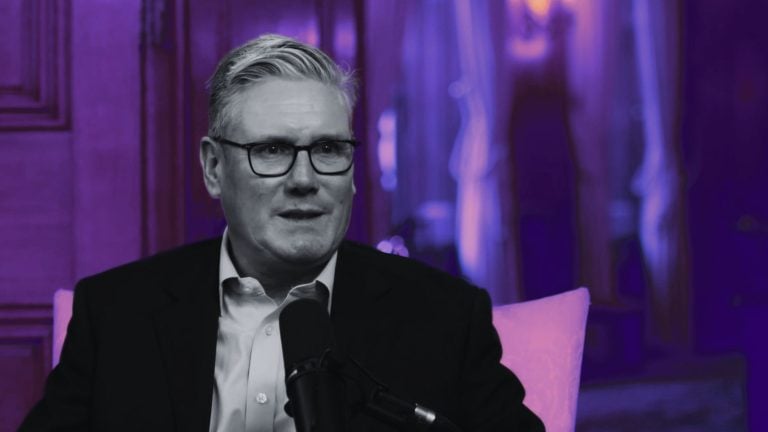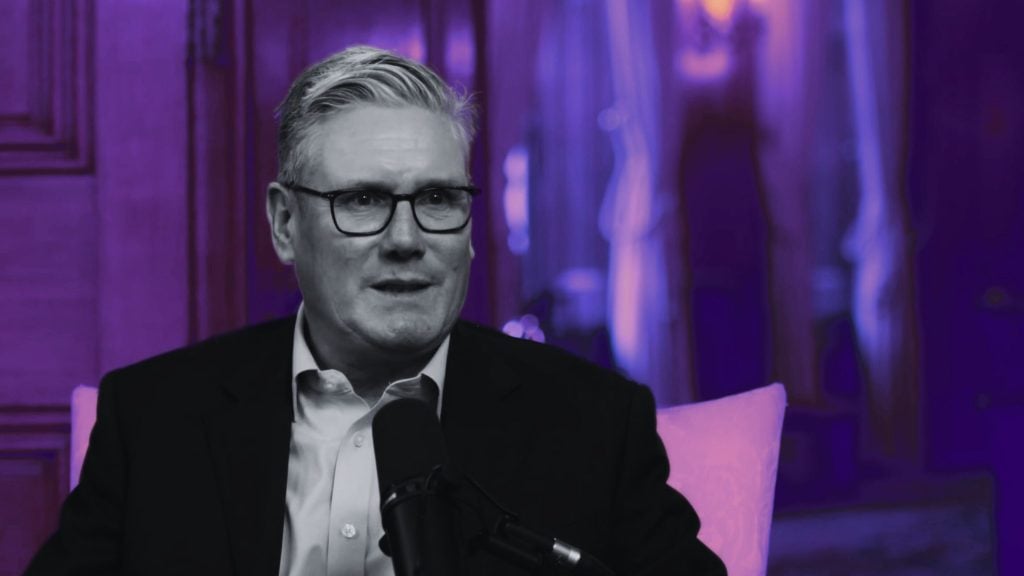American attorney Ron Coleman has issued a strong warning to British regulators attempting to impose their censorship regime beyond UK borders.
Speaking during a broadcast interview with host Josh Howie, Coleman pushed back firmly against Ofcom’s efforts to pressure US-based platforms into complying with the UK’s Online Safety Act.
“No, not at all,” Coleman said when asked whether the lawsuit against Ofcom constituted interference in another country’s laws. “We only want to make sure that those laws stop at the shores of the UK, or frankly, they can expand as far as they want, just not to the shores of the United States of America.”
Coleman is one of the lawyers representing 4chan and Kiwi Farms, both of which are challenging Ofcom’s authority to apply UK law to their American operations.
But the broader issue, he said, goes beyond any single case. It’s about defending a constitutional principle: that no foreign government has the right to dictate what speech is allowed in the United States.
While UK officials claim the law is about protecting children, Coleman emphasized that the consequences extend far beyond content moderation.
He described a recent incident where one of his clients briefly disabled a content block for routine maintenance, only to be met with immediate threats from Ofcom. “Our client just said, we can’t continue like this,” he recalled. The implication: constant exposure to foreign enforcement creates a chilling effect, even within the borders of a free country.
Asked whether the legal challenge might influence policy back in the UK, Coleman said the team hopes it will. “Because we think it’s good for the UK, it’s good for the West, it’s good for the American and British alliance, a great historic alliance, for Britons to have the kind of free speech rights that Americans have.”
But he stressed that the lawsuit doesn’t seek to dismantle the UK’s laws internally, only to prevent their enforcement against Americans. “We’re not trying to overturn UK’s law,” he said.
“We’re saying if you wanna build a wall around your citizens and if your government has the power to do that, then do it the way North Korea does it. Do it the way China does it, do it the way Cuba does it. Build your wall around your island, but don’t come to our little island and try to tell us how to conduct our business.”
Coleman’s comments strike at the center of a growing global conflict: what happens when national censorship laws collide with the open architecture of the internet? For him, the answer is simple: freedom of speech doesn’t stop at a bureaucrat’s border, and American soil isn’t up for grabs.










